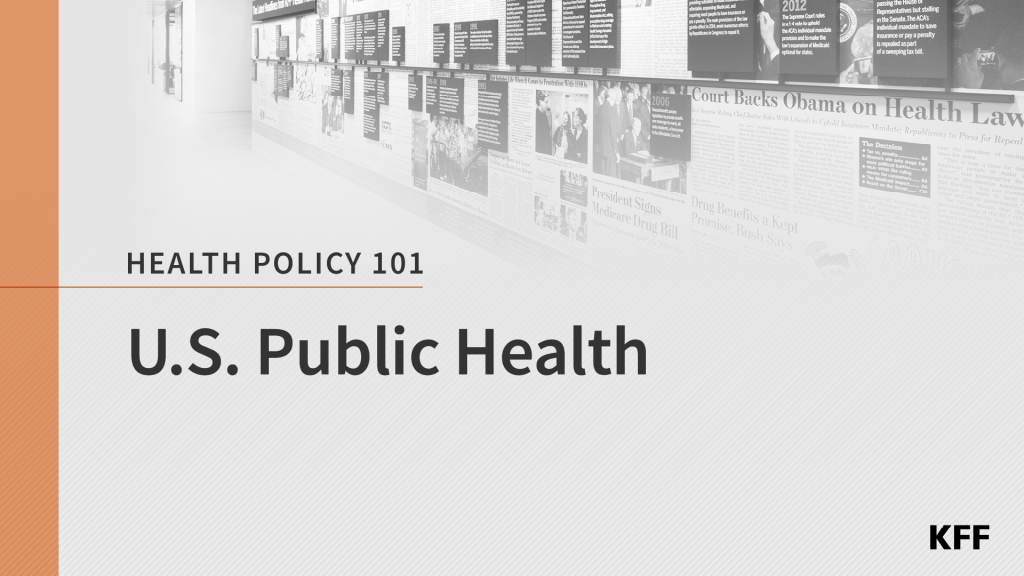KFF Health Tracking Poll April 2025: Public’s View on Major Cuts to Federal Health Agencies
Amid sweeping cuts to federal government health agencies by the Trump Administration, much of the public opposes cuts to funding and staffing, including some Republicans. Support of many of these cuts is largely partisan, however, there is agreement across parties when it comes to opposing cuts to Social Security, Medicare, and Medicaid.
